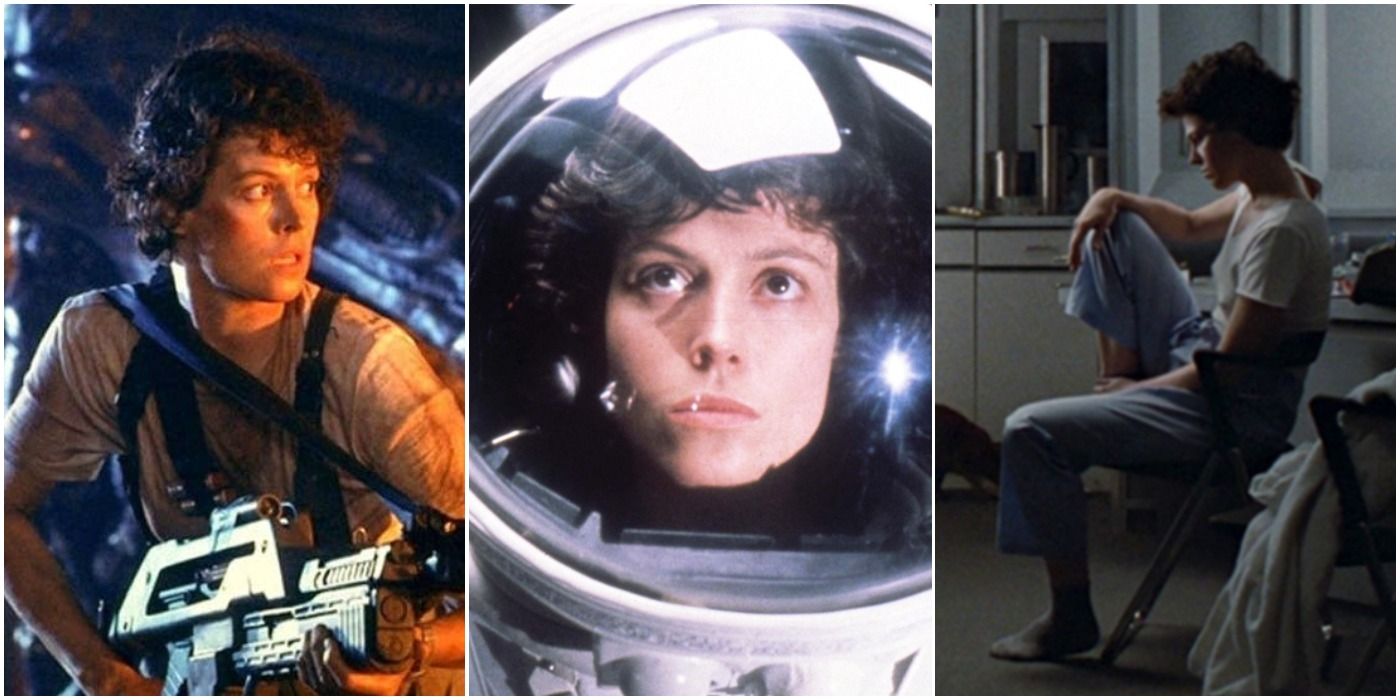
Ridley Scott's classic 1979 horror film Alien incubated and then chest-burst one of the biggest sci-fi franchises of all time, thanks in part to the talent and presence of Sigourney Weaver as Ellen Ripley, the main protagonist of the early films. Ripley is not only one of the best female characters in science fiction but she's also one of the greatest action heroes, period.
An important part of her appeal is her evolution throughout the films, particularly between Scott's Alien and James Cameron's 1986 sequel Aliens where the events of the first film and the 57 years that pass brought enormous change to Ripley.
10 Different: Suffers From Post-Traumatic Stress Disorder
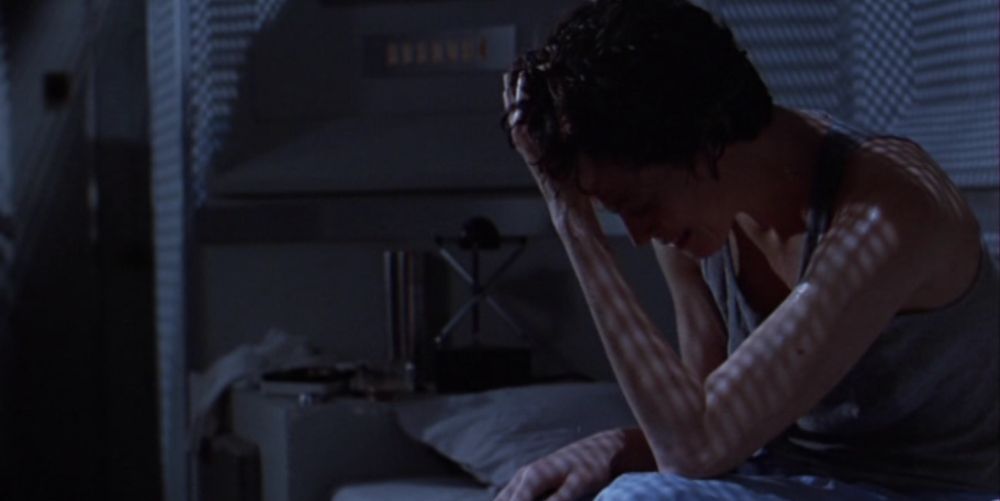
Dealing with a xenomorph massacring your crew one by one and then thinking that you and Jonesy the cat have escaped, only to find that said xenomorph has stowed away on your shuttle is enough to give anyone Post-Traumatic Stress Disorder.
Compound that with being frozen for 57 years and then awakening to find that your only daughter has been dead for 2 years and you're Ellen Ripley in Aliens, a woman burdened with chest-bursting nightmares and signs of PTSD that weren't there in Alien.
9 Same: Always Cool Under Pressure
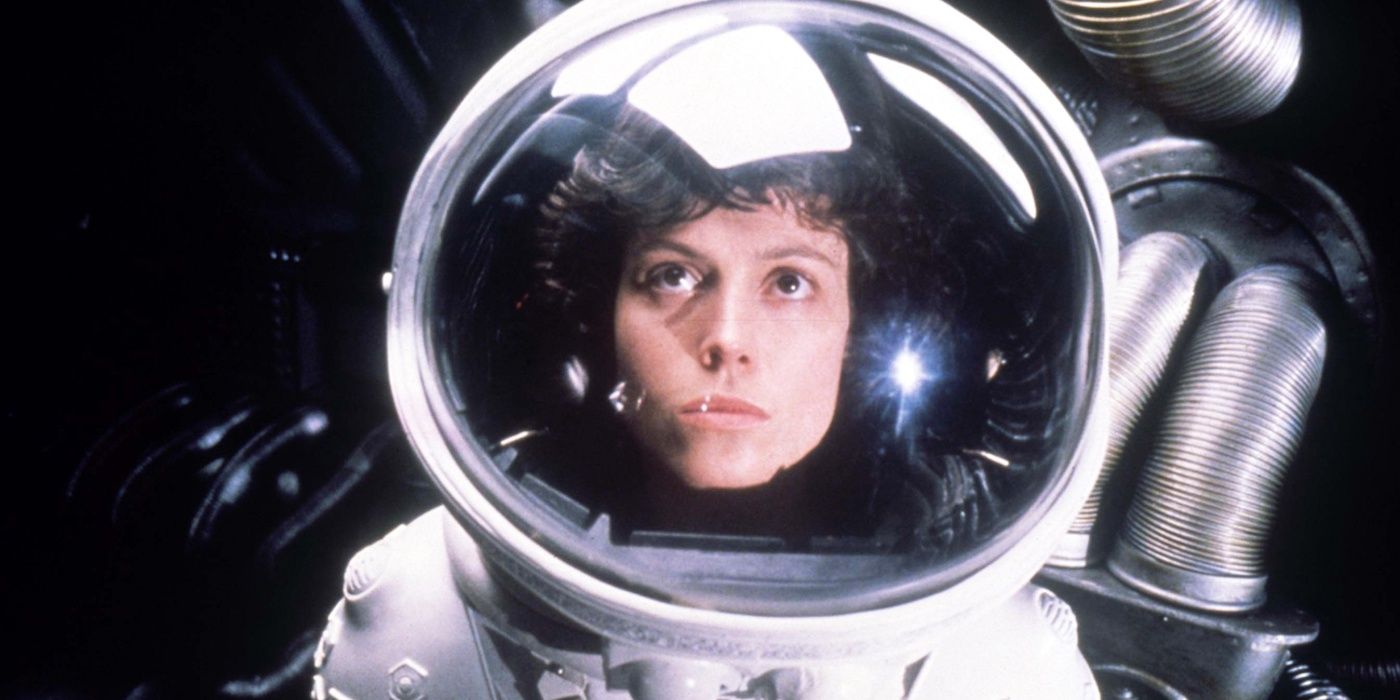
Even when she's the last human alive aboard Nostromo and is very clearly afraid for her life in Alien, Ripley keeps her cool and thinks her way out of the deadly situations she's found herself in.
In the sequel, even when dealing with trauma from her first run-in with a xenomorph, Ripley takes action when the colonial marines have no idea what to do, rescuing them with her quick thinking and cool leadership. Ripley is every bit composed as well when she rescues Newt.
8 Different: She Has A New Job In The Future
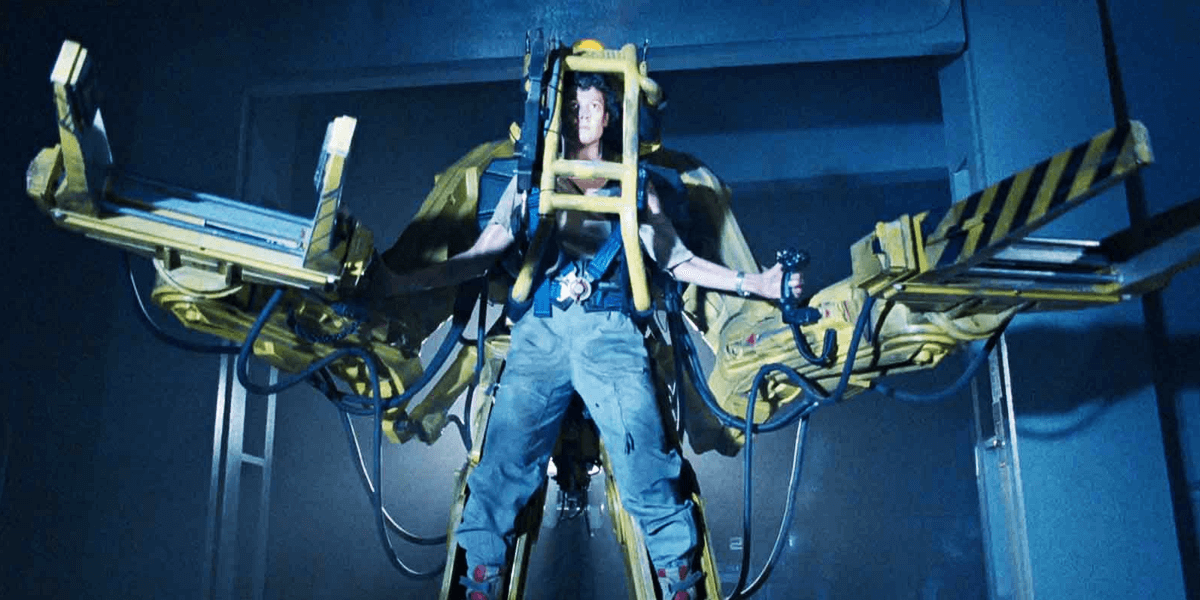
In Alien, Ripley is third in command of the USCSS Nostromo as the ship's warrant officer. From this, Ripley has experience in leadership but, after being in hypersleep for almost six decades, the only job she can manage to get is working on cargo docks (work that comes in handy when fighting the Queen).
Then she's offered the chance to be reinstated as a flight officer in exchange for accompanying Burke and the colonial marines to LV-426, or Acheron, to investigate what happened there.
7 Same: Ripley Is Pragmatic & No-Nonsense
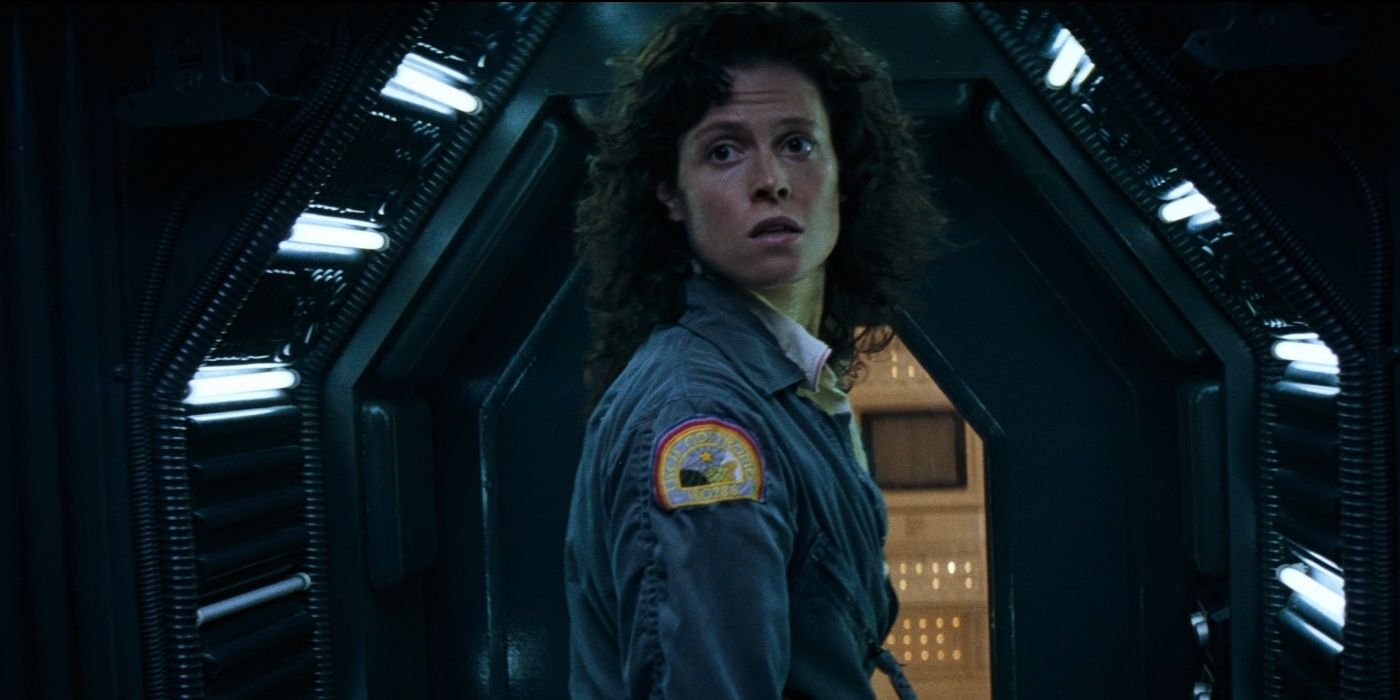
As a warrant officer in the first movie, Ripley had a very strong sense of the rules and laws required to keep Nostromo and the crew safe, as shown in her insistence on not allowing Kane to enter the ship without going into quarantine.
She's overruled and Kane is eventually killed by the chestburster, but Ripley's pragmatism would have saved the ship. This carries over into the sequel when Ripley, thanks to her knowledge of the xenomorphs, is able to take the best course of action.
6 Different: Full-Blown Action Hero
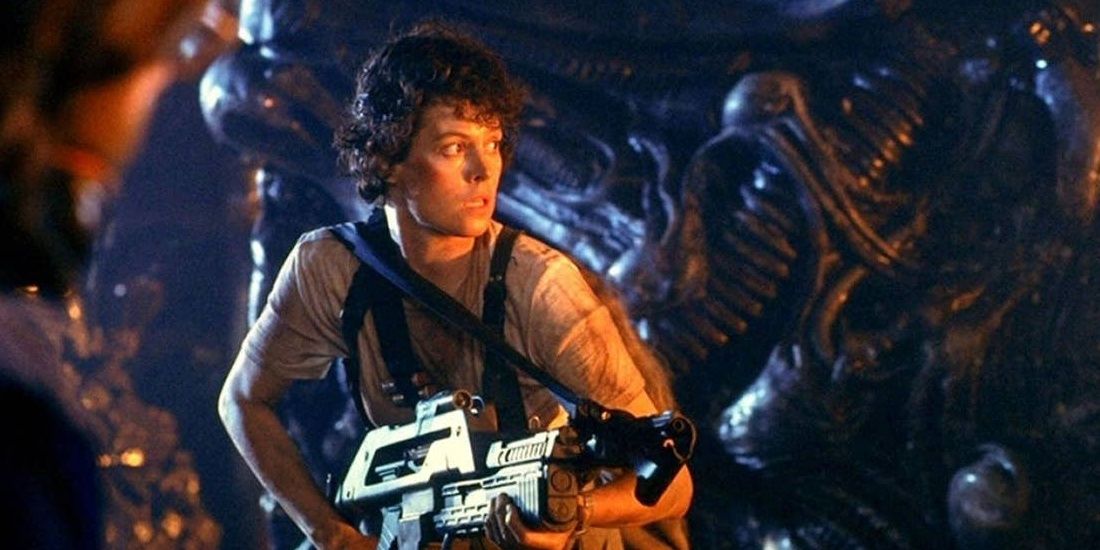
While Ripley in Alien was just trying to do her job, keep her crewmates safe, and survive the xenomorph— due in part to the movie being a sci-fi horror film— the Ripley in the sequel emerged as one of the greatest action heroes of all time in one of the greatest sci-fi action films of all time.
Ripley herself says at the beginning of the sequel that she isn't a soldier but she proves herself to be extremely capable when she takes on the Queen.
5 Same: She's Strategic & A Born Leader
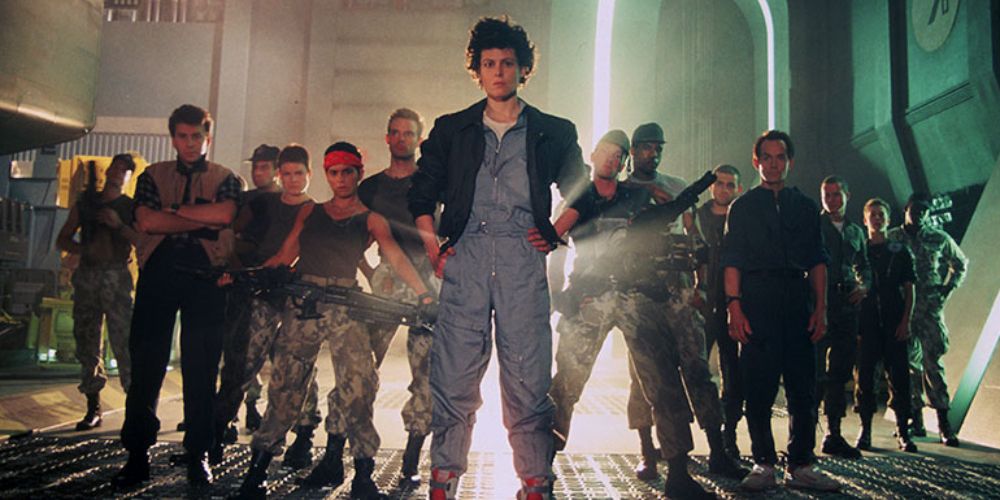
According to the Nostromo Crew Profiles provided on the 1999 Alien Legacy DVD set, Ripley had attended the Evansbrook Academy where she graduated at the top of her class and had high-aptitude in "ethics, law, and corporate affairs."
Ripley also had negotiated a hostage situation not long after graduating from the academy and managed to save 49 people. These revelations, along with Ripley's strategic mind, give credence to her essential (but initially overlooked) leadership skills that allowed the defeat of the xenomorphs in both movies.
4 Different: Tremendous Loss & Isolation

Ripley isn't given much of a backstory in the original Alien but the sequel and the 1999 DVD set reveal that she had a daughter she was returning to back on Earth when the Nostromo crew was brought out of hypersleep in order to investigate LV-426.
In Aliens, Ripley learns that she not only missed her daughter Amanda's 11th birthday, but also the rest of Amanda's life. Ripley not only learned that her only daughter was gone but that she essentially had no family left.
3 Same: Ripley Has Strong Protective Instincts For Small Beings Like Jonesy & Newt
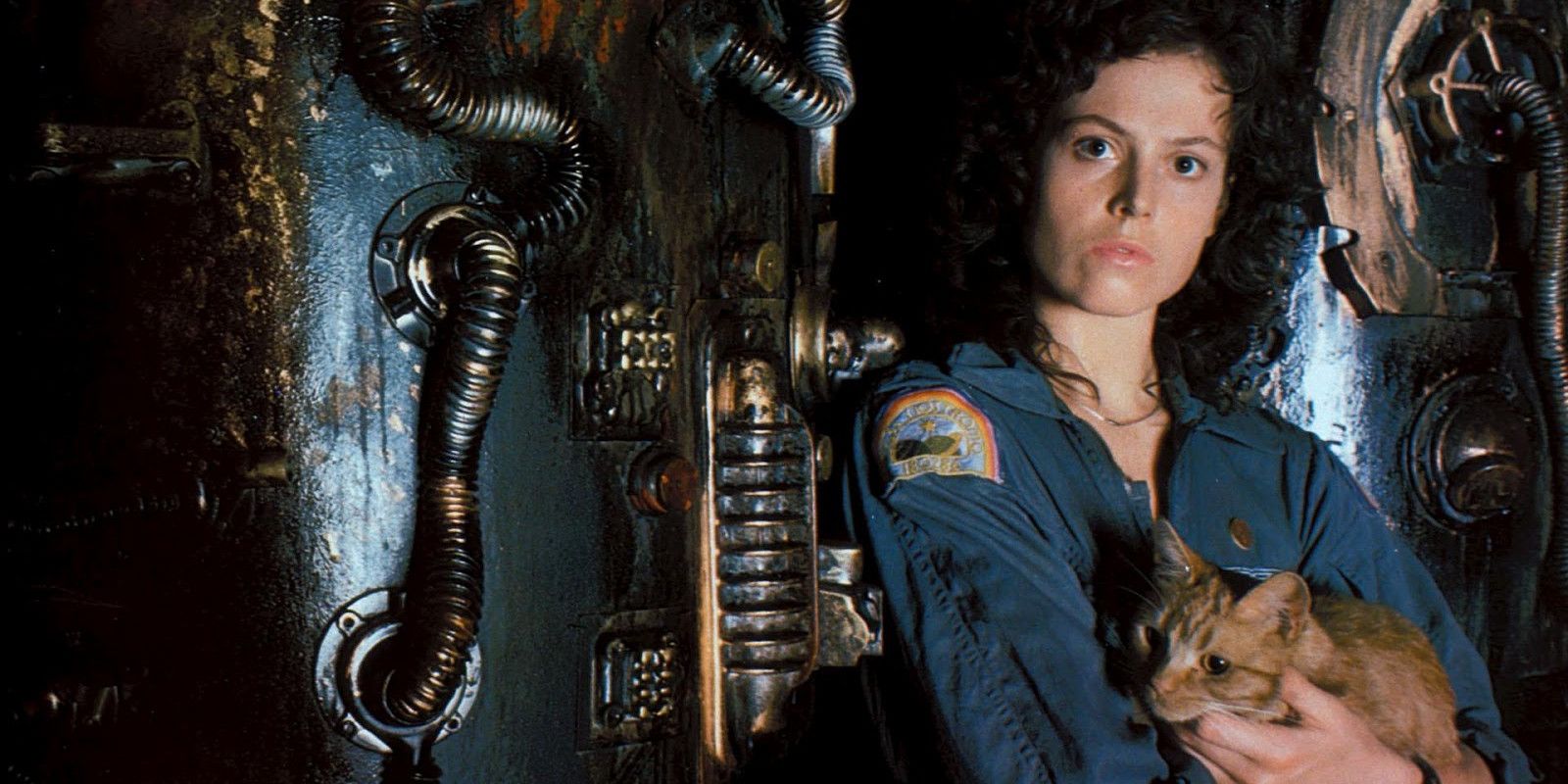
While nobody could possibly doubt that Ripley's a good person and the story's hero, she still goes out of her way to "save the cat" when she finds out that Jonesy, Nostromo's orange tabby cat, is still alive.
Not even Ripley's pragmatism can keep her from trying to rescue a helpless cat or a young girl from being killed by xenomorphs, especially after learning about the death of her own daughter. One of the best scenes in Aliens was Ripley carrying Newt as she confronted the xenomorphs.
2 Different: Her Attitude Towards Artificial Beings
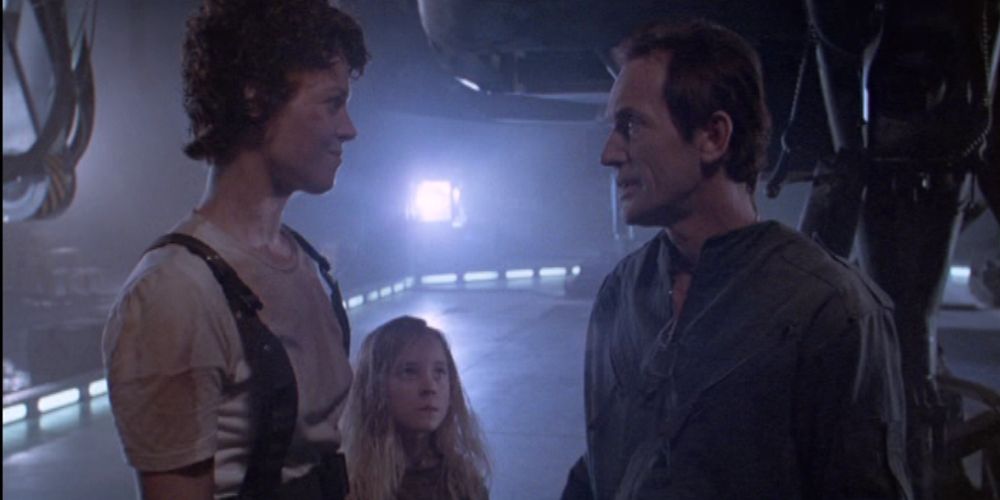
The big bad in Alien is of course the alien itself but the film's other antagonist is Ash, the ship's science officer who turns out to be an android, programmed to save the specimen and treat Nostromo's crew as expendable.
While Ripley's opinion of androids is unknown before Ash is found out, it's safe to say that the film's events made her distrustful of them, as shown in Aliens when she learns of Bishop. However, Ripley is proven wrong when Bishop saves her, Hicks, and Newt.
1 Same: Nobody Listens To Her Until It's Too Late
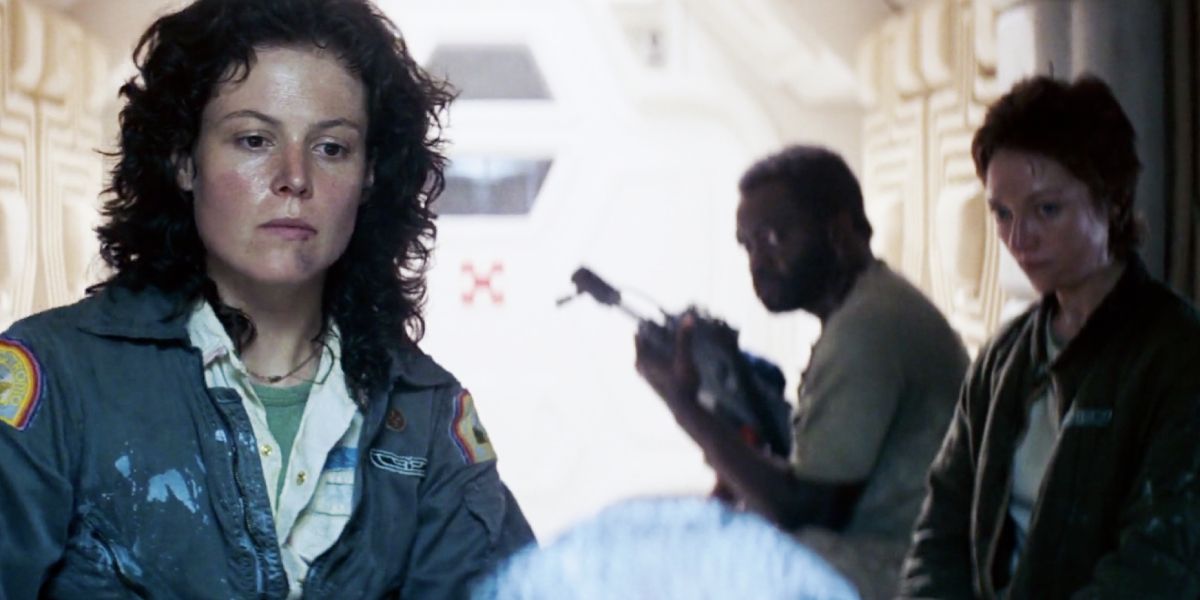
If everyone would have just listened to Ellen Ripley from the beginning then everything would have been fine. This is the main takeaway from Alien and Aliens.
Due to Ash not listening to her orders about needing to quarantine Kane, he and the Facehugger were able to get on board Nostromo and kill everyone. While Ripley did decide to accompany the colonial marines to LV-426 to advise them, the marines underestimated her and wouldn't listen to her until a good number of them were slaughtered.
0 Comments